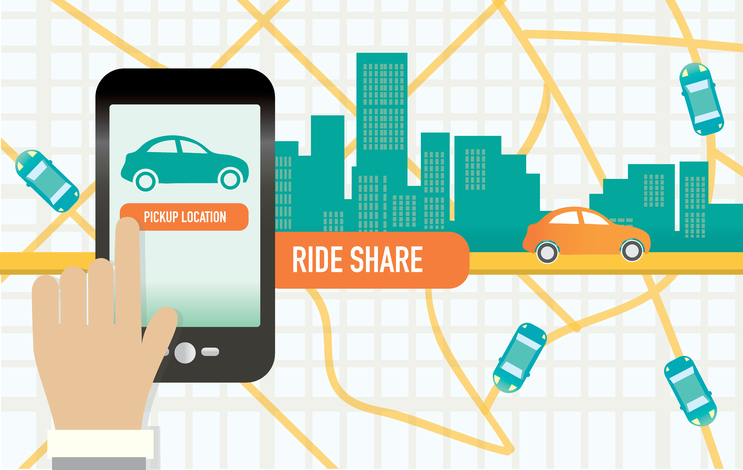Ride Sharing for Workers’ Compensation Transportation
At the 2017 California Workers’ Compensation and Risk Conference, a panel discussed how ride sharing services can assist in providing transportation on worker’s compensation claims. The speakers included:
- Joseph McCullough – Senior VP of Transportation and Translation, One Call Care Management
- Nadir Vissanjy – Strategy Manager for Healthcare, Government & Education Partnerships, Lyft, Inc.
America’s love affair with owning an automobile seems to be tapering off. A lower percentage of 16 year olds are getting a drivers license than in past years. Much of this seems to be related to the increased presence of ride sharing services. These days, people can save the costs of car ownership and, instead, just use their phone to request a ride when they need one. When you consider the cost of a vehicle, insurance, parking, gas and repairs, if you are not using your vehicle frequently, it could be more cost effective to use a ride sharing service. Lyft is currently providing over 10 million rides a week. Just a couple years ago they were providing 1 million per week. The popularity of these services is clearly increasing.
There are currently 48 states that have some regulations around medical transportation. Providing transportation is some times medically necessary, but at other times ,the need may be more logistic. If the injured worker does not have easy access to transportation they can miss doctor appointments, which causes treatment delays and can ultimately delay return to work.
Another advantage of using the ride sharing services for medical transportation is that the injured worker will know the exact name of the driver, the vehicle they are driving and exactly when they arrive for pickup. This is much more convenient than using a scheduled medical transportation service.
The risk implications for using ride sharing include:
- Safety and security for the injured workers throughout the transport.
- Service levels – reliability and quality of the transportation experience.
- Limited liability – providing protection for the injured worker.
- Privacy – keeping injured workers’ confidential information secure.
- Reputation – ensuring the service does not impact the reputation of your product.
- Cost – Limiting unexpected or uncontrolled costs.
Using a ride sharing service is not appropriate for all medical transportation. If the individual is not capable of getting in and out of the vehicle by themselves and walking into the medical facility, they are not a candidate for a ride sharing service. The patient needs to be self-ambulatory for this to work.
Keep in mind that when you are contracting with a vendor who uses a ride sharing service to provide transportation, you have the liability insurance of the vendor, the ride sharing service and the driver in play.


